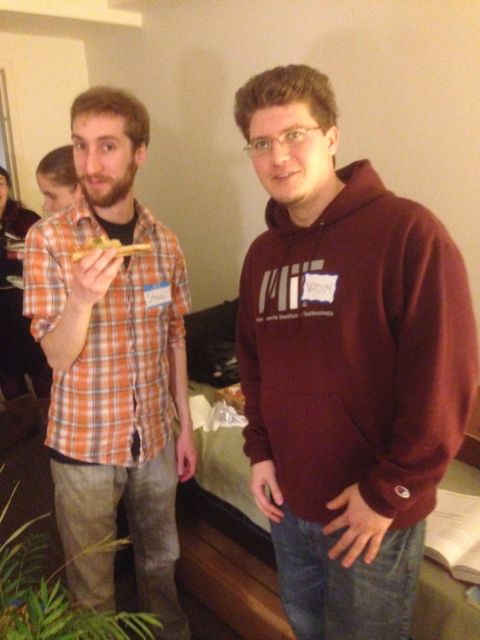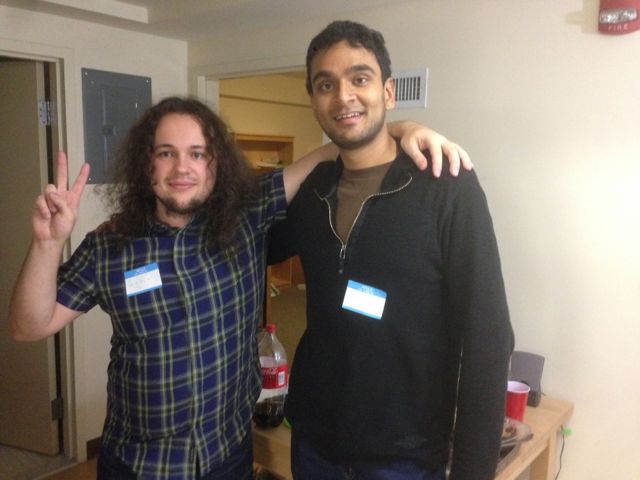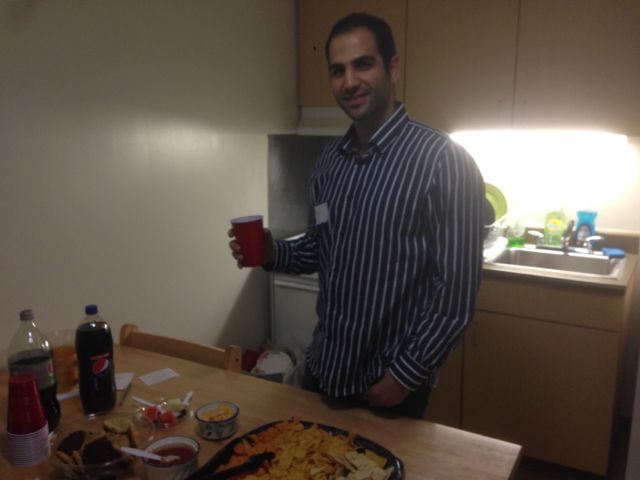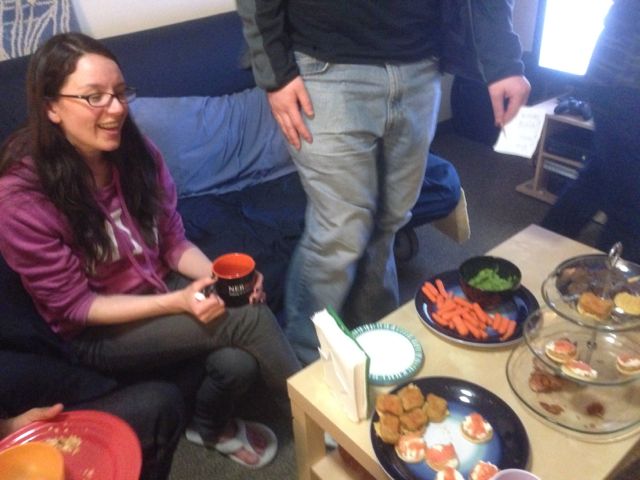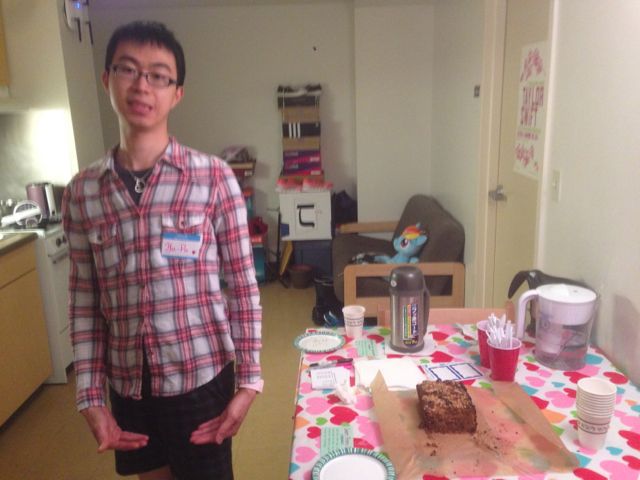By Sumit Dutta, Sidney-Pacific Outing Chair 2013-14
It can be easy for us to get soaked knee-deep into our studies at MIT. Fortunately, we need not look far to find the occasional escape in our bustling city. Since the vast number of attractions around us may be overwhelming, I would like to share a few outing ideas that have resonated well with graduate students.
I have had the pleasure of organizing a number of outings with students in Sidney-Pacific. These outings appeal to a variety of tastes, and I present a few of these ideas here.
Hike the Middlesex Fells
Hiking opportunities around Boston are just a subway ride away! One of the more scenic forest preserves on the outskirts of the city is the Middlesex Fells Reservation. From Oak Grove, the northernmost station on the Orange Line, you need only walk a few blocks to enter the Middlesex Fells at the trailhead of the Cross Fells Trail. On a clear day, take the Cross Fells Trail to the Rock Circuit Trail to discover stunning vistas of the Boston skyline from various hilltops. The reservation is expansive, as are its trails. It is best to bring your own hiking gear and some trail food, remembering to leave no trace. If you are hungry at the end of the hike, you may want to walk to the nearby town of Melrose for a variety of dining options. There is also a Commuter Rail station there. Right off the Fellsway East path is J. J. Grimsby & Co., a classic diner where you can eat well before your return trip.
Directions to the Middlesex Fells Reservation are available at https://goo.gl/maps/YZ5sL and a hiking trails map is at http://www.fells.org/Fells_Reservation_Map.pdf.
Castle Island and Fort Independence
On a clear summer day, a trip to Castle Island can easily feel like a vacation getaway. It offers a beach, picnic areas, an ocean walkway, and views of Boston Harbor and the Massachusetts Bay. The windy location also makes for great kite-flying, if you feel like exposing your youth. You should also arrive early in the day if you want to see the historic Fort Independence, which has free guided tours in the summer typically between noon and 3 o’clock. Castle Island is actually not an island because it was connected to the mainland via landfill by the 1930s. You can reach the park by walking or taking a bus from one of the stops on the Red Line, or by driving.
Ice Cream on the Minuteman Trail
The Minuteman Trail is one of the most convenient paths to get out of Boston on a bike. The path is a dedicated bikeway between Alewife and Bedford. The Minuteman Trail was built where there was once a railroad, making it a flat and gentle path suitable for all skill levels. I would recommend riders to carry ample water and carbohydrates. Along the way there a number of ice cream establishments where you can refresh yourself. Some examples are Toscanini’s, Christina’s, Bedford Farms, and Kimball Farm. Finding the Minuteman Trail is the trickiest part, but it’s smooth sailing once you are on it. The map below shows a safe set of streets you would take get to the Minuteman Trail: (1) Hampshire/Beacon Street, (2) Somerville Avenue, (3) Massachusetts Avenue, and (4) Rindge Avenue.
The full bicycling directions to take the Minuteman Trail to Kimball Farm are at https://goo.gl/maps/7sRA0.
Catch a Symphony or Two
Get some peace of mind by immersing yourself in the Boston fine arts scene. If you are committed to seeing the Boston Symphony Orchestra, you can pick up a MIT/BSO College Card for $5 and get free concert opportunities around the year. If you are less committed, plenty of opportunities still exist to get discounted or free tickets at any time of the year for other groups such as the Boston Philharmonic Orchestra or Boston Chamber Music Society, through the MIT Arts Council. Concert venues typically include Symphony Hall, the Saunders Theater, the Pickman Concert Hall, and of course our own Kresge Oval.

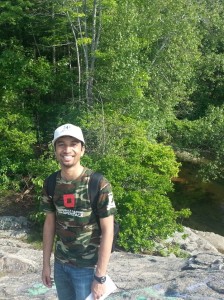
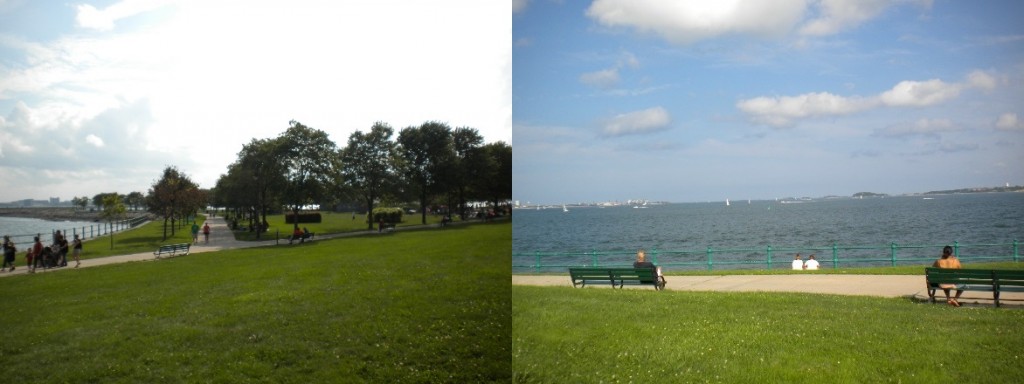
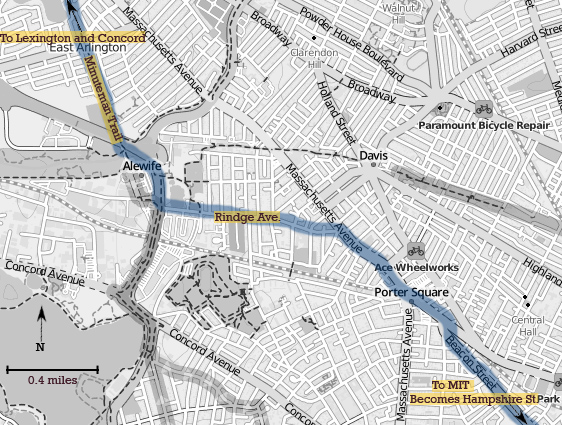
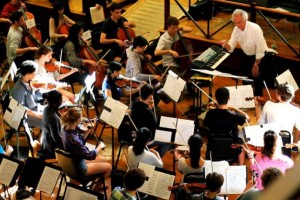
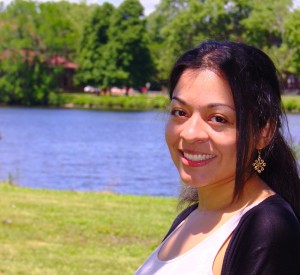
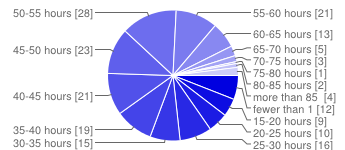
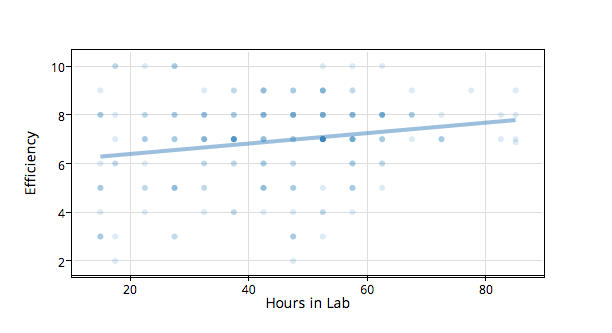

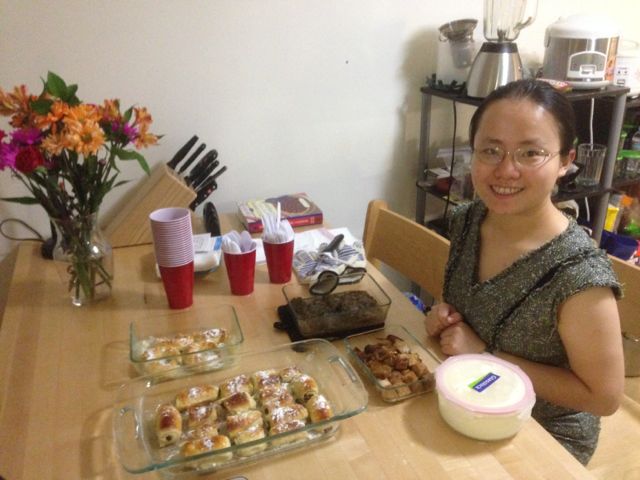
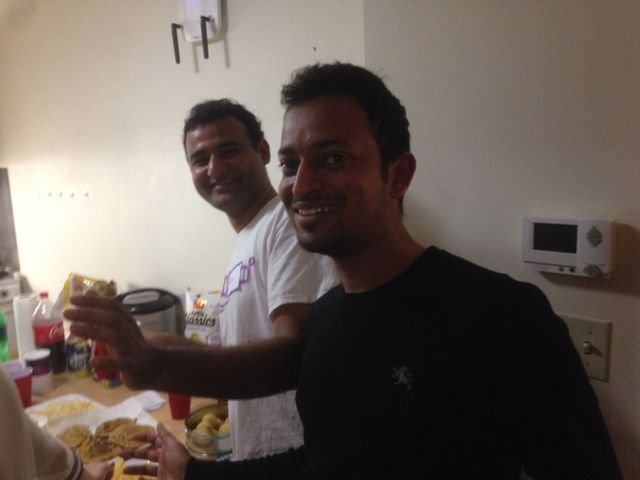

![Mariana canapés, hummus, tabbouleh salad, tomato bites "I got this book [on Lebanese cuisine] for Christmas."](http://s-p.mit.edu/spnewsletter/wp-content/uploads/2014/05/IMG_2541.jpg)
